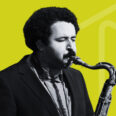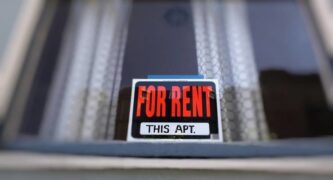
The Rental Housing Board will consider adopting new regulations concerning upward rent adjustments. The changes come in response to Board discussions and public feedback after several meetings.
The Board is scheduled to meet Thursday, Oct. 17 at 6:00 p.m. o City Council Chambers.
The new guidelines, detailed in Chapter 7 of the Pasadena Rental Housing Board Regulations, would be considered when determining whether a landlord is entitled to a rent increase, to ensure a fair return on their investments while maintaining rent control and eviction protections for tenants.
Under Measure H, landlords can request upward adjustments to rent beyond the Annual General Adjustment if they demonstrate that such increases are necessary for a fair return on their investment. This is based on the “fair return standard,” which allows landlords to achieve a net operating income equal to the Base Year net operating income adjusted by 50% of the Consumer Price Index since 2021.
Key revisions include a preference for using small area fair market rents based on specific zip codes for determining adjustments to base year gross rental income. This move eliminates the previous option of averaging rents across multiple zip codes.
Chapter 7 regulations propose a maximum 15% cap on annual rent increases for tenants. While the City Charter amendment does not specify a maximum increase, this cap aims to prevent excessive hikes. Any increases exceeding the cap can be phased in over multiple years, and tenants will still have avenues to apply for hardship mitigations.
The Board could remove the cap or change the amount of the cap. Even if the cap were to be removed, tenants would continue to be able to file for tenant hardship as part of the upward adjustment petition process.
The new regulations establish six categories of tenant hardship, which include inadequate household income, families with children, and persons with disabilities.
Eligibility for hardship assistance will be based on income thresholds set at 100% of median income for inadequate income and 120% for other categories.
Another revision allows landlords to include self-performed labor in their operating expenses, using prevailing wage rates set by the Department of Industrial Relations. Current wage rates for residential carpenters in Los Angeles County range from $23.92 to $38.01 per hour, depending on classification.
The Board also addressed concerns about using 2021 as the base year for rent calculations, acknowledging that the COVID-19 pandemic made that year atypical for rental income. New language has been added to allow landlords to contest the presumption that uncollected rent over 3% is unreasonable, given extraordinary circumstances.
Staff members gathered data from similar jurisdictions. Santa Monica has not seen any upward adjustment petitions in five years, while West Hollywood reported only 152 upward adjustments compared to nearly 5,000 petitions for downward adjustments since adopting rent stabilization in 1985.














 109 comments
109 comments



